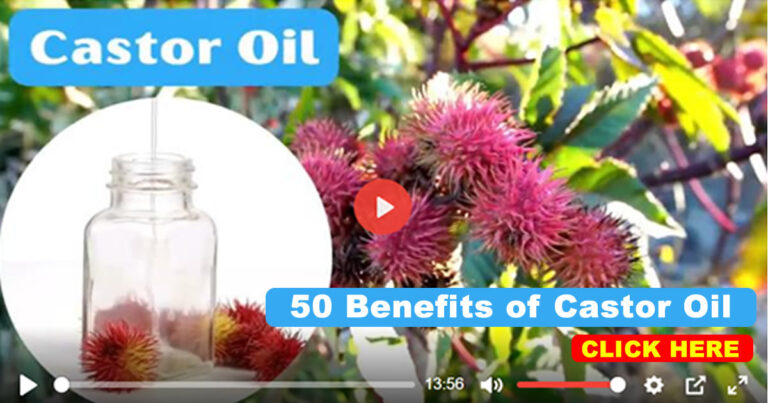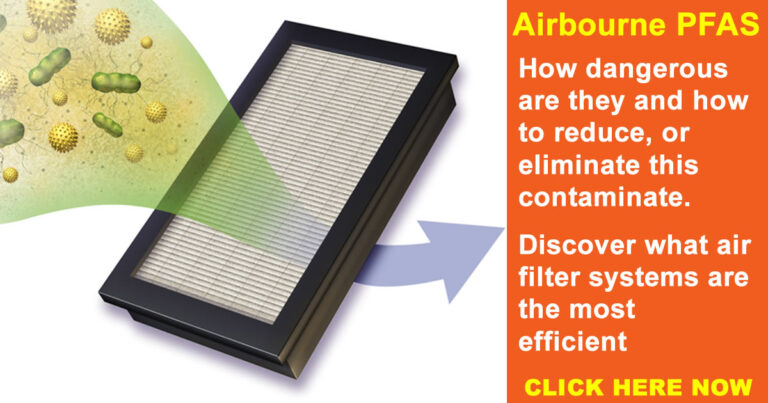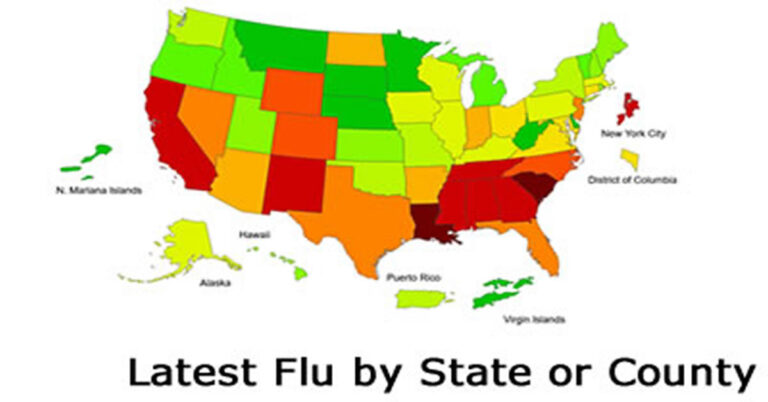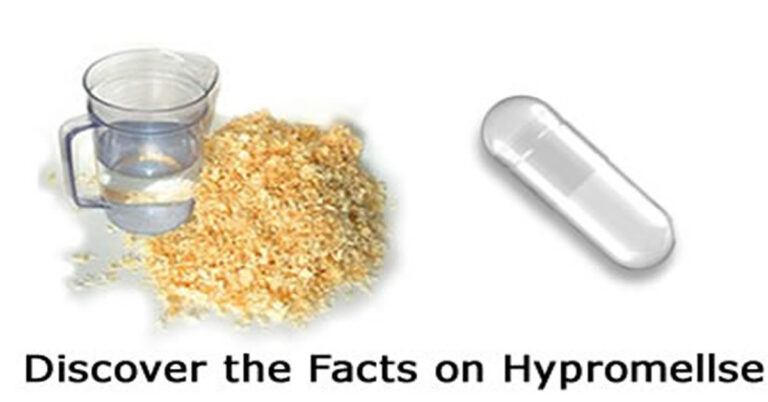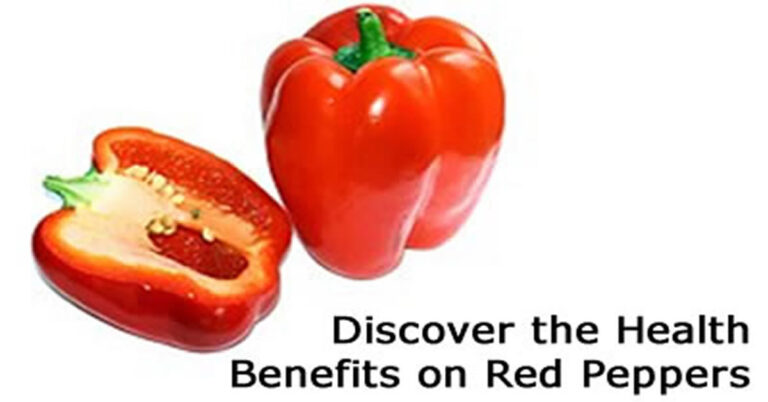Benefits of Castor Oil
Castor oil, derived from the seeds of the castor plant (Ricinus communis), has been used for centuries for various medicinal and cosmetic purposes. Its use goes back to the most ancient of times, back to the 16th century BC[i]. It contains a unique composition of fatty acids and other compounds that contribute to its numerous
READ MORE
